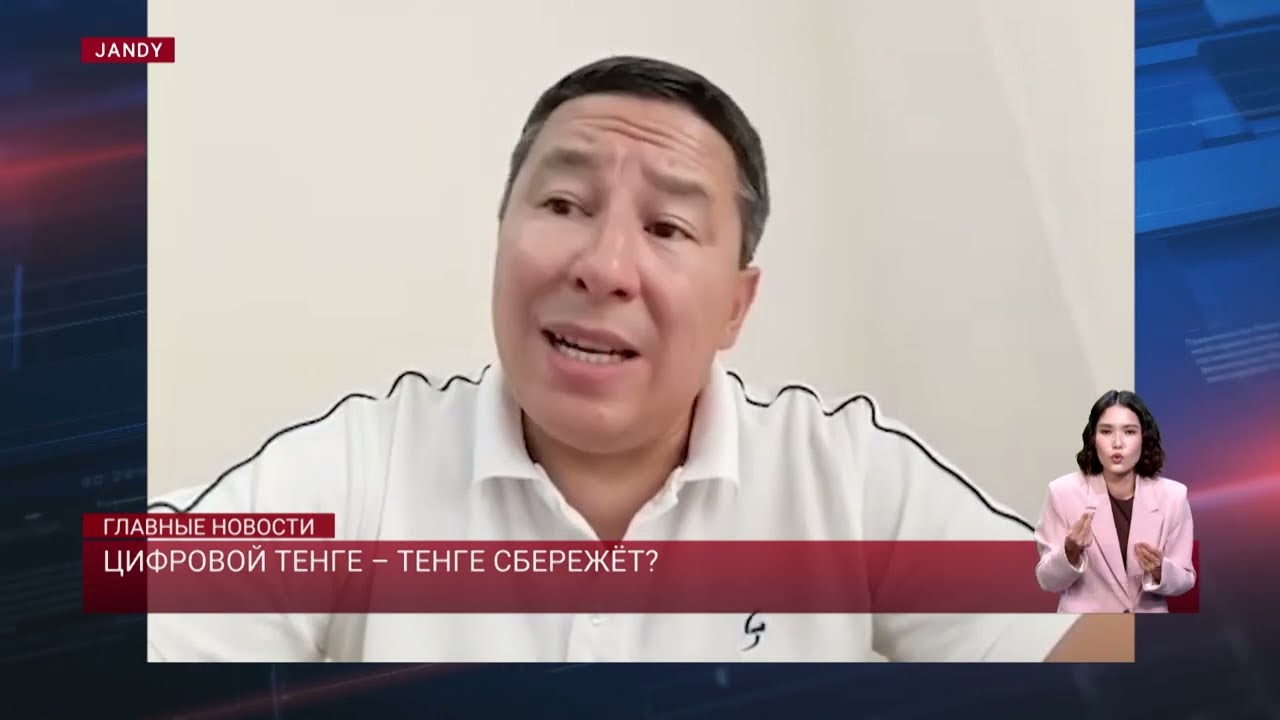Irrational use of the National Fund's funds
Funds from the National Fund are often withdrawn to cover current budget deficits and image projects such as EXPO and the redemption of bonds of local executive bodies (M&A). This contradicts the main purpose of the fund – to preserve funds for future generations. Without a clear long-term policy, these funds may simply disappear, leaving future generations without a financial safety cushion.
The sale of KazMunaiGas shares brought 1 trillion tenge to the budget, which allowed temporarily improving the financial condition of the country and reducing the budget deficit. However, this income is a one-off and does not solve systemic problems
The growth of public debt and quasi-public sector debt
Kazakhstan's public debt continues to grow, creating significant financial risks. As of January 1, 2024, the debt amounted to KZT 24,915 billion, which represents 21% of GDP. The main problems include:
The lack of a detailed analysis of the sources of borrowing, which complicates debt management.
The sensitivity of debt service costs to changes in interest rates, which increases the burden on the budget in the face of rising global interest rates.
The debt and liabilities of the quasi-public sector amount to 27 trillion tenge, including 16 trillion tenge of debt of the Samruk-Kazyna group of companies. This indicates a lack of financial control and management in quasi-public sector entities.
Problems with the development of budget funds
The budget is adjusted on average seven times a year for each ministry, which creates chaos in financial planning and management of public funds. Constant changes make the budget less predictable and make it more difficult to achieve the set goals.
According to the WAP report, 3,033 procedural violations were identified for a total amount of 522.9 billion tenge.
Problems that have already become systemic remain relevant for almost all program administrators when using budget funds. The WAP pointed to the weak control of the central state bodies (CSOs) over how local authorities (MIO) spend money from the republican budget. M&E often deposit the wrong amounts and sometimes allow double counting.
Poor project planning and execution: Many projects, especially in the field of school construction and infrastructure, were not completed on time and required additional costs. For example, a school project started in 2018 has not yet been completed, which has led to a 25% increase in cost.
Support for inactive enterprises: State support was provided to enterprises that had no turnover or were liquidated in the first half of 2023. This indicates insufficient verification and monitoring of the state of the business before providing support.
Granting loans to unregistered entrepreneurs: JSC Agrarian Credit Company has repeatedly issued loans to unregistered individual entrepreneurs. For example, on May 25, 2023, a loan was issued, and the borrower of IP Sayat registered only on June 14, 2023.
Problems in project management
- The project for the purchase of passenger cars of JSC NC KTZ: It is planned to purchase a fleet of passenger cars in the amount of 782.2 billion tenge, which is 1.5 times higher than the initial cost. There are also disagreements on the proportion of age-related rolling stock in the national project. According to the VAP report, the share of age-related rolling stock is 60%, while this figure is not provided for in the KTZ development strategy and the project as a whole is not recommended for implementation. At the same time, the strategic documents fix the reduction of this indicator, at the same time, there are disagreements between the targets for achieving the percentage of the age composition by 2025.
According to the National pilot projects, a number of comments were identified by the VAP, especially the execution of the "Comfortable School" project was criticized.
The Comfortable School Program
Within the framework of the national project "Comfortable School", about 306 billion tenge remained undeveloped and remained in the accounts. The main reasons include insufficient planning, low qualifications of contractors and bureaucratic obstacles. In conditions of economic instability, such shortcomings are unacceptable, since untapped funds could be used to improve the infrastructure and quality of education.
The program "Modernization of rural health care"
The aim of the project is to increase the level of medical care to the rural population. The volume of financing amounted to 217.7 billion tenge, of which 40 billion tenge was allocated for 2023. At the beginning of 2024, 4 billion tenge remained unfulfilled (savings – 2.7 billion tenge, undevelopment – 1.3 billion tenge). The reasons for non-completion include payment for the volume of services actually rendered, late provision of certificates of completed works and invoices, failure by suppliers to comply with the terms of the contract, lagging behind the schedule of work and failed competitive procedures. Lagging behind schedule was noted in East Kazakhstan, Zhambyl, Karaganda, Kostanay regions and Ulytau region. As a result, only 82 out of 99 facilities were planned to be put into operation.
The project "Auyl – El besigi"
The VAP assessed the implementation of M&E budget investment projects within the framework of the Auyl – El Besigi program, which are aimed at the infrastructural development of rural settlements. Of the total budget of the 2023 project covered by the VAP audit, namely 91.9 billion tenge, 2.5 billion tenge remained undeveloped.
The VAP has identified numerous cases of poor-quality selection of projects that did not meet the stated goals and did not bring the expected results. For example, the village school building was built in violation of building regulations, which led to its partial destruction a year after completion. The water supply in rural areas was completed, but due to planning errors, it did not function properly, and consumers were left without water. The untimely construction of 6 new medical institutions in 6 villages in two regions of the country left about 11 thousand people. residents without access to modern medical services.
Recommendations of the VAP
The VA recommends the following measures to improve the management of budget funds:
- Development of a clear policy for the use of funds from the National Fund: It is necessary to create a long-term and transparent strategy that will be aimed at preserving funds for future generations and their rational use.
- Increased control and transparency: Introduce strict cost controls and prevent overspending. Monitoring and reporting on all projects and programmes should also be improved.
- Clear plans and documentation: Develop and approve design estimates before the start of projects to avoid delays and additional costs.
- Professional development of contractors: Implement strict criteria for the selection of contractors and provide them with the necessary resources and qualifications to perform work on time and with the required quality.
- Optimization of procedures: Simplify the processes of approval and obtaining permits to accelerate the development of funds and increase the efficiency of their use.
Author: Центр прикладных исследовании TALAP
Source: https://openbudget.kz/news/22/



